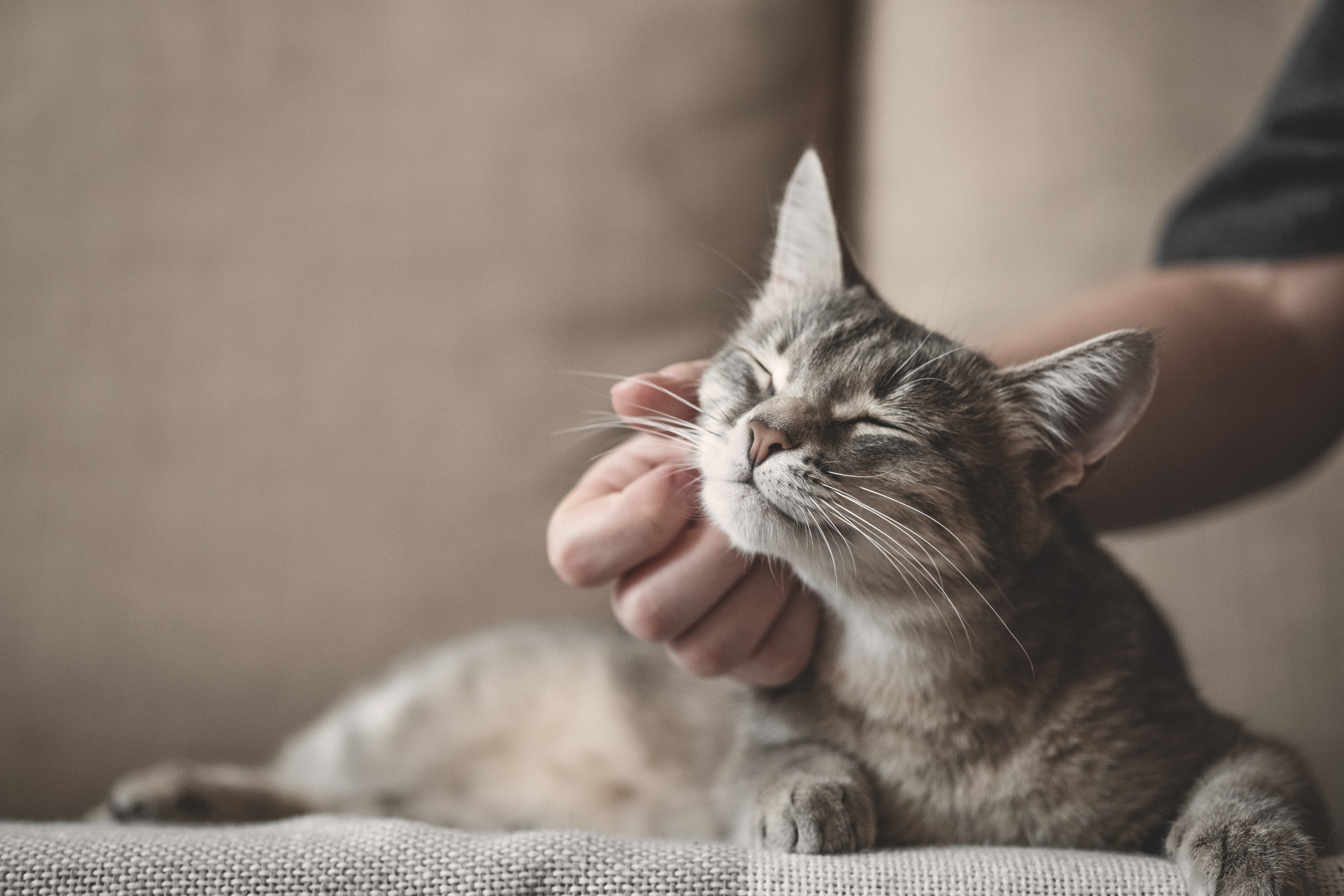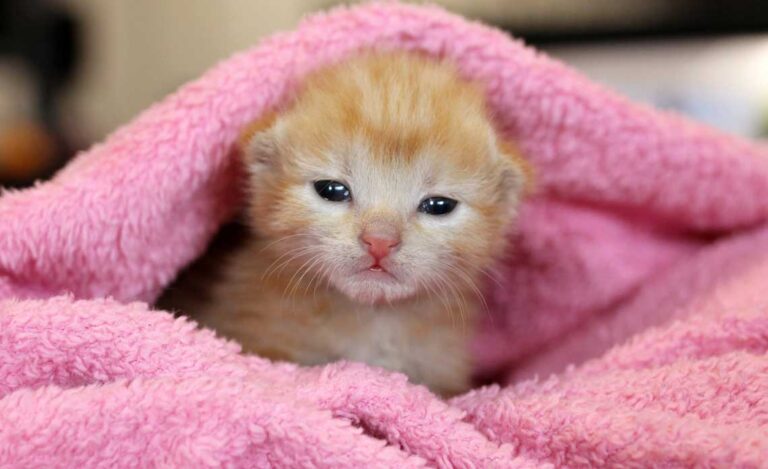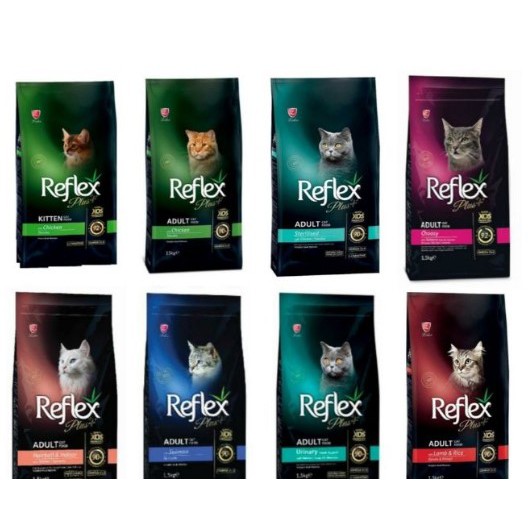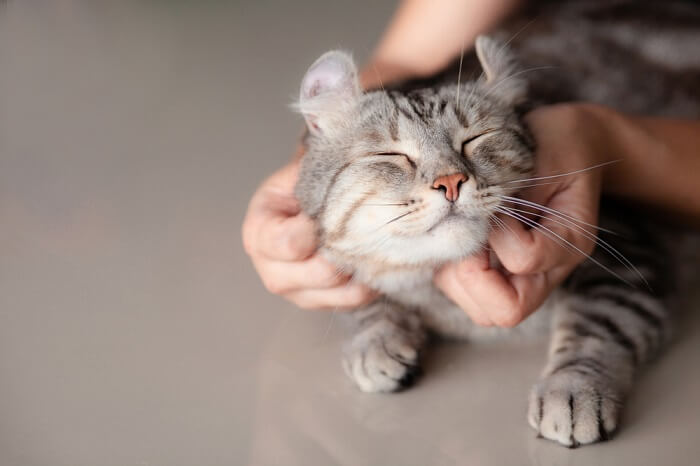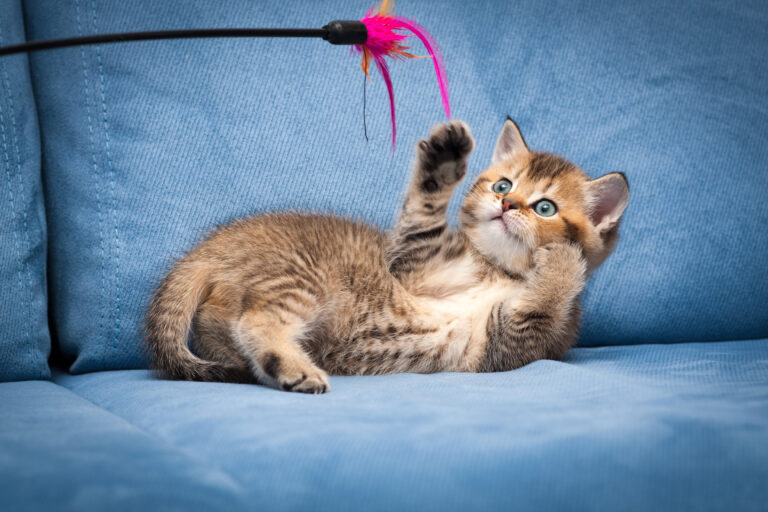Managing common cat health conditions
Understanding Feline Health: A Comprehensive Guide
Common cat health conditions one of the key aspects of understanding feline health is recognizing the signs of illness in cats. Cats are known for hiding their pain and discomfort, making it crucial for cat owners to be vigilant and observant. Some common signs of illness in cats include changes in appetite or water intake, vomiting, diarrhea, lethargy, and changes in behavior or litter box habits. It is important to note that these are general signs and may vary depending on the specific illness or condition. Regular check-ups with a veterinarian and monitoring your cat’s behavior and habits can help detect any potential health issues early on.
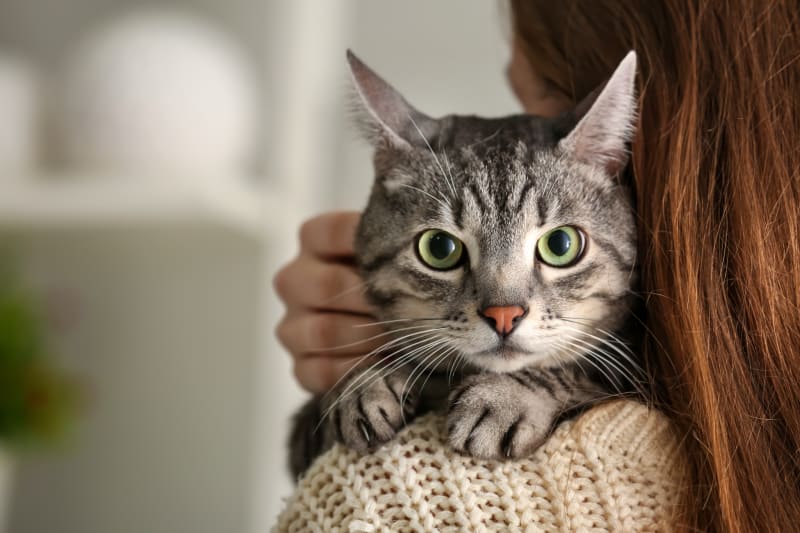
Another important consideration for feline health is maintaining a balanced and nutritious diet. Cats are obligate carnivores, which means their diet should primarily consist of animal protein. Providing your cat with a high-quality cat food that meets their nutritional requirements is essential for their overall health and wellbeing. Along with proper nutrition, ensuring that your cat has access to fresh water at all times is also important to prevent dehydration. Additionally, it is crucial to monitor your cat’s weight and adjust their feeding portions accordingly to prevent obesity and related health issues. Consulting with a veterinarian can help you determine the best diet plan and feeding schedule for your cat’s specific needs. Here are some common cat health conditions.
Recognizing Signs of Illness in Cats: What to Look For
Cats are known for their independent and self-reliant nature, often making it difficult for their owners to detect signs of illness. However, it is essential for cat owners to be aware of the subtle changes in their feline companions’ behavior and physical appearance that may indicate an underlying health issue. One of the most common signs of illness in cats is a change in appetite. If your cat suddenly loses interest in food or begins to eat significantly less, it could be a warning signal worth noting. On the other hand, an increase in appetite, especially accompanied by weight loss, can also be a cause for concern and should not be ignored.
Dietary Considerations for Optimal Feline Health
Proper nutrition plays a vital role in maintaining the overall health and wellbeing of our feline companions. Cats are obligate carnivores, meaning they require a diet that is primarily meat-based. High-quality protein, such as that found in lean meats like chicken, turkey, and fish, is essential for their growth, muscle development, and overall energy levels. Additionally, it is important to incorporate a variety of nutrient-rich fruits and vegetables to provide essential vitamins, minerals, and antioxidants. However, it is essential to note that certain foods can be toxic to cats, including chocolate, onions, garlic, and grapes. Therefore, it is crucial to always consult with a veterinarian to create a balanced and customized diet plan for your feline friend.
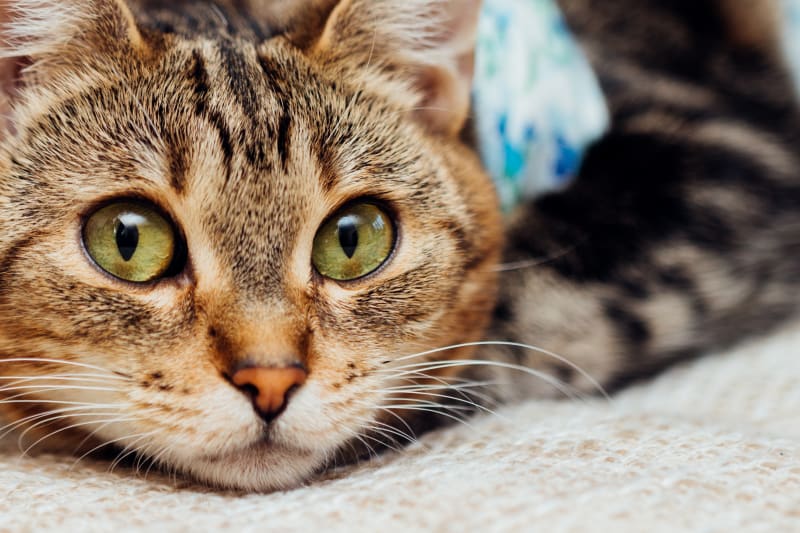
In addition to the ingredients, the texture and form of the food also play a role in a cat’s dietary needs. Cats have unique dental structures and chewing habits, which make them prone to dental issues. Therefore, it is recommended to offer a mix of wet and dry food to encourage chewing and promote dental health. Wet food also provides additional moisture, which is crucial for maintaining proper hydration and supporting kidney function. It is important to mention that periodic dental check-ups and professional cleanings are highly recommended to prevent dental diseases and maintain strong teeth and gums. Overall, an appropriate and balanced diet is key to ensuring optimal feline health and can help prevent various nutritional deficiencies and associated health problems.
Respiratory Disorders in Cats: Causes and Management
Respiratory disorders in cats can be a cause for concern among pet owners. These disorders can range from mild to severe and can affect cats of all ages. There are various causes of respiratory disorders in cats, including viral and bacterial infections, allergies, and environmental pollutants.
Viral respiratory infections are common in cats and can be caused by viruses such as feline herpesvirus and feline calicivirus. These viruses can be easily transmitted from infected cats to healthy ones through direct contact or through contaminated objects. Bacterial respiratory infections, on the other hand, are usually secondary to viral infections or other underlying health conditions. Allergies to environmental factors such as dust mites, pollen, or mold can also trigger respiratory symptoms in cats.
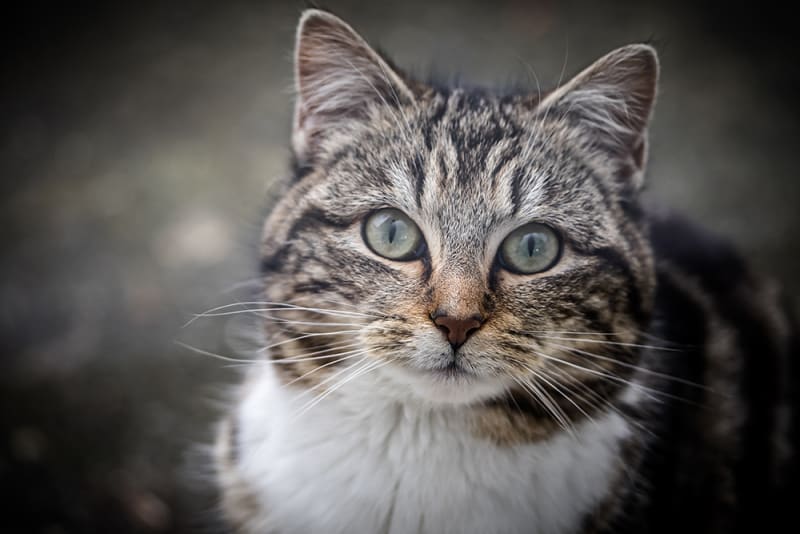
Managing respiratory disorders in cats requires prompt diagnosis and appropriate treatment. The first step is to consult a veterinarian who can perform a thorough physical examination and request additional tests if necessary. Treatment may include medications to alleviate symptoms, such as antibiotics to treat bacterial infections or antiviral drugs for viral infections. In severe cases, hospitalization and supportive care may be required. Additionally, it’s crucial to create a stress-free environment for the cat, as stress can worsen respiratory symptoms. Regular monitoring and follow-up appointments with the veterinarian are essential to ensure the cat’s respiratory health is properly managed.
Digestive Issues in Cats: How to Maintain a Healthy Gut
Cats, like humans, can also experience digestive issues from time to time. Maintaining a healthy gut is crucial for their overall well-being. One way to achieve this is by ensuring they have a balanced diet that meets their nutritional needs. Feeding them high-quality, easily digestible food can help prevent digestive upset. It is also important to avoid sudden changes in their diet, as this can disrupt their digestive system. Gradual transitions when introducing new foods or switching brands can help them adjust better.
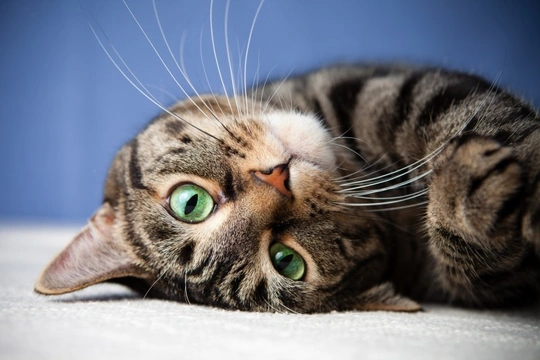
In addition to diet, providing your furry friend with plenty of water is essential for a healthy gut. Hydration is key to maintaining proper digestion and preventing issues such as constipation. Water helps soften their stools and promotes regular bowel movements. Make sure to have clean, fresh water available at all times, and consider using a pet fountain if your cat prefers running water.
Another way to maintain a healthy gut in cats is by promoting regular exercise. Physical activity stimulates their digestive system and helps prevent constipation. Encouraging your cat to play and engage in regular exercise can also help relieve stress, which is known to affect digestive health. Interactive toys, climbing trees, and regular play sessions can all contribute to keeping your cat’s gut in good shape.
In some cases, digestive issues may persist despite these measures. It is important to consult your veterinarian if you notice any signs of ongoing digestive problems, such as chronic diarrhea, vomiting, or weight loss. They can provide a proper diagnosis and recommend appropriate treatment options to help your beloved feline friend maintain a healthy gut. Remember, caring for their digestive health is an important part of ensuring their overall well-being.
Preventing and Managing Urinary Tract Infections in Cats
Urinary tract infections (UTIs) are a common health concern among cats. These infections occur when bacteria or other pathogens enter the urinary system and multiply, leading to inflammation and discomfort. One of the best ways to prevent UTIs in cats is to ensure they have access to clean and fresh water at all times. Adequate hydration helps flush out any potential harmful bacteria and keeps the urinary system functioning optimally.
In addition to providing clean water, maintaining proper litter box hygiene is crucial for preventing UTIs. Cats are known for their cleanliness, and a dirty litter box can deter them from using it regularly. When a cat holds urine for extended periods, it increases the likelihood of bacterial growth in the urinary tract. Regularly cleaning the litter box and providing multiple boxes in a multi-cat household can help prevent UTIs by encouraging proper elimination habits.
Skin Problems in Cats: Identifying and Treating Common Conditions
Skin problems in cats can be a cause of concern for pet owners. Cats are prone to various skin conditions, ranging from allergies and infections to parasites and dermatitis. Identifying these common conditions is crucial for early detection and effective treatment. One common skin problem in cats is flea allergy dermatitis, which occurs when a cat has an allergic reaction to the saliva of fleas. Symptoms include intense itching, hair loss, and red, inflamed skin. Treating flea allergy dermatitis involves not only eliminating the fleas from the cat’s environment but also providing relief for the cat’s discomfort through medication and topical treatments.
Another skin problem that cats may experience is ringworm, a fungal infection that affects the skin, hair, and nails. Ringworm can be easily spread from cat to cat and even to humans. Symptoms of ringworm in cats include circular patches of hair loss, scaly or crusty skin, and sometimes, itchiness. Treatment for ringworm involves antifungal medications, as well as thoroughly cleaning and disinfecting the cat’s environment to prevent further spread of the infection. It is important to seek veterinary advice and treatment promptly if your cat is showing signs of skin problems, as early intervention can help prevent the condition from worsening and improve your cat’s overall health and well-being.
Dental Health for Cats: Maintaining Strong Teeth and Gums
Caring for your cat’s dental health is crucial for their overall well-being. Just like humans, cats can develop dental problems such as gum disease, tooth decay, and bad breath. By following a few simple steps, you can help maintain your feline friend’s strong teeth and healthy gums.
First and foremost, regular brushing is essential. Although cats may initially resist this process, gradually introducing them to teeth brushing can make it a more manageable task. Start by gently rubbing their gums with your finger and gradually introduce a soft-bristled toothbrush specially designed for cats. Use cat-friendly toothpaste, never human toothpaste, as it may contain ingredients that are toxic for cats. Brushing your cat’s teeth daily or at least a few times a week can help remove plaque buildup and reduce the risk of dental disease.
Why is dental health important for cats?
Dental health is important for cats because it directly impacts their overall well-being. Poor oral hygiene can lead to tooth decay, gum disease, and other dental issues, which can cause pain, discomfort, and difficulty in eating. It can also lead to systemic health problems if bacteria from the mouth enter the bloodstream.
How can I promote good dental health for my cat?
You can promote good dental health for your cat by providing a balanced diet, regular dental check-ups, and practicing proper dental hygiene. This includes brushing your cat’s teeth, providing dental treats or toys, and considering professional dental cleanings when necessary.
How often should I brush my cat’s teeth?
Ideally, you should aim to brush your cat’s teeth daily to remove plaque and prevent tartar buildup. However, if daily brushing is not feasible, try to do it at least a few times a week.
How do I brush my cat’s teeth?
To brush your cat’s teeth, use a cat-specific toothbrush and toothpaste. Gently introduce the toothbrush to your cat’s mouth, starting with small circular motions on the outer surfaces of the teeth. Gradually increase the time and area you cover. Be patient and reward your cat with praise or treats to create a positive association with toothbrushing.
Can I use human toothpaste on my cat’s teeth?
No, you should never use human toothpaste on your cat’s teeth. Human toothpaste contains ingredients that are toxic to cats if ingested. Use toothpaste specifically formulated for cats, which is safe if swallowed.
What are signs of dental problems in cats?
Signs of dental problems in cats can include bad breath, difficulty eating, drooling, pawing at the mouth, reduced appetite, bleeding or inflamed gums, loose or missing teeth, and changes in behavior or temperament. If you notice any of these signs, it’s important to consult with a veterinarian.
Can diet affect my cat’s dental health?
Yes, diet can play a significant role in your cat’s dental health. Feeding a balanced diet that includes appropriate kibble texture and size can help promote dental hygiene by reducing plaque and tartar buildup. Consult with your veterinarian for specific dietary recommendations.
When should I take my cat to the veterinarian for a dental check-up?
It is recommended to take your cat for a dental check-up at least once a year. However, if you notice any signs of dental problems or issues with your cat’s oral health, it’s best to schedule a veterinary appointment as soon as possible.
Are there any alternative options to brushing my cat’s teeth?
If your cat refuses to tolerate toothbrushing, there are alternative options to help improve dental health. These include dental chews, dental diets, oral rinses, water additives, and dental toys. However, it’s important to note that these alternatives may not be as effective as regular brushing.
How can I prevent dental diseases in my cat?
To prevent dental diseases in your cat, maintain a consistent dental care routine, provide a balanced diet, offer dental treats or toys, schedule regular veterinary check-ups, and monitor your cat’s dental health for any signs of problems. Early detection and intervention are crucial in preventing and managing dental diseases.

